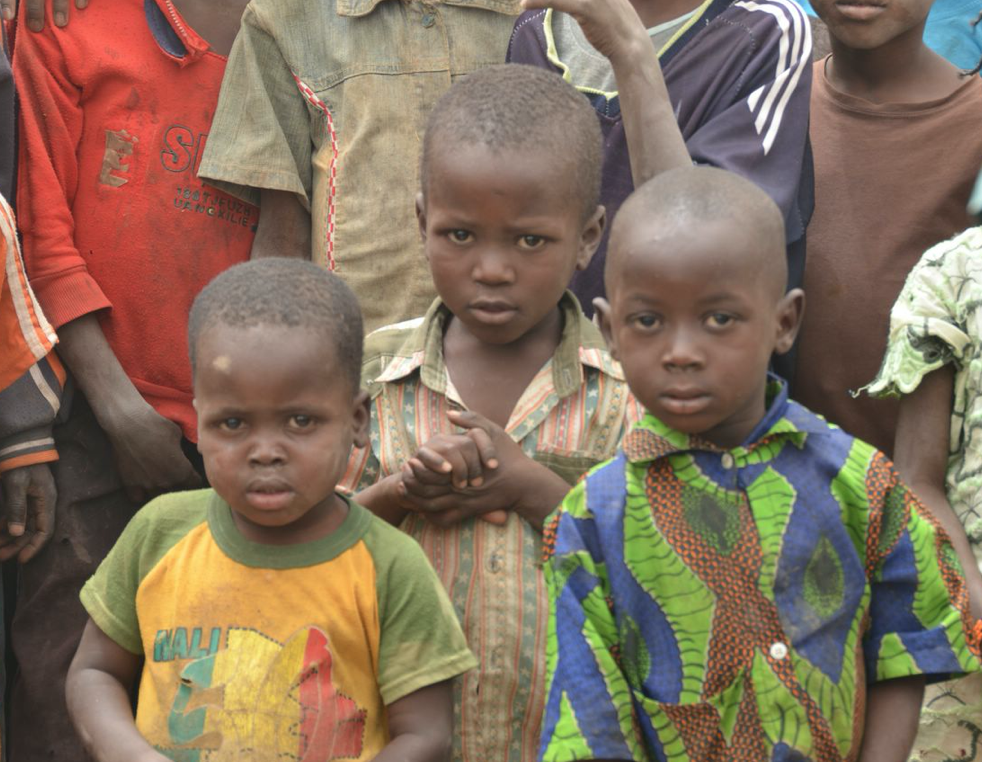SCHOOL FOR EVERYONE
The House of Mali pays particular attention to education and it’s quality,since it is considered a decisive right in human development and the key to any sustainable social progress.
Education contributes to the betterment of the conditions of life and to break the cycle of poverty of which millions of children suffer in developing countries. Accomplishing a quality education is the fourth Objective of Sustainable Development (OSD) set by the United Nations.
We consider education to be decisive for the development of Mali. The zones most affected are the rural zones, where there are few schools and the distance to access them are various kilometers. A girl with no education tends to marry very young and have many children. Furthermore, her children will have less possibilities of survival and will be poorly fed. Another problem is the armed conflict that the region faces since 2012 and has interrupted the access to schools for 700,000 children, according to UNICEF data,
Despite education being free and required for those 7 to 16 years of age and there bein areas in Mali which have achieved notable progress in favor of children, the country has the highest level of illiteracy in the world, where, according to UNESCO’s 2020 data, only 33.07% of the adults know how to read and write.
School
With the initiation of the school course 2011-2012, The House of Cali decided to put the school in Djelibani in the works, with the help of the Lions Association. The first year the project benefited 50 children of 7 to 10 years of age
The school has 5 professors and the courses are in accordance to the programs offered in Mali. The House of Mali puts all their efforts in implementing the highest quality of teaching beyond the official programs.
Another school that The House of Mali has assisted in constructing is located in the annexed village Djélibani- Kobada, which was previously constructed with adobe by the parents of the students. The House of Mali helped with its construction, formation and contributed the necessary furniture (basically desks and cabinets) and school materials (notebooks, pencil, ets) that completed the individuals slates that the children normally used with the objective of bettering the children’s primary education, such as the basic sanitary education for the child population. These two schools are already functioning but still require:
- The Construction of libraries with their corresponding furniture and equipment of school, didactic, and lecture materials.
- The sanitary construction for the development of basic sanitation education, a dispensary and restrooms.
- Sanitary materials (disinfectants, masks, protective gear) to help palliate the effects of the COVID-10 pandemic.
- Formative workshops focused on care and prevention of health and sex education, since a good sanitary education includes the prevention of possible disease.

